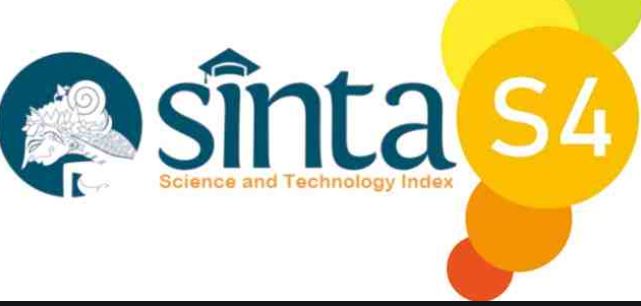THE IMPLEMENTATION OF AFFECTIVE ASSESSMENT ON 2013 CURRICULUM ON RELIGION AND MORAL SUBJECT AT PRIMARY SCHOOL (The Development of Assessment Training Subject for Relegion Teacher at Primary School)
DOI:
https://doi.org/10.52048/inovasi.v11i1.46Keywords:
PAI BP, Penilaian, sikap spiritual dan sosialAbstract
This article presents assessment techniques attitude domain
based on the curriculum 2013, especially the subjects of Islamic
Religious Education and moral value (PAI BP) elementary level. This
due to the demands i n assessment implementation among
attitude, knowledge and skill domains must be in a balance. In 2013,
four elements of the National Education Standards 1) Graduate
Competency Standards, 2) Content Standards, 3) Process
Standards, and 4) Evaluation Standards were revised. Assessment is
an effort to collect and process the data of the learning process to
determine the level of achievement of the competence of the
learners as the basis of the follow-up decision of an educator. While
the attitude assessment is an assessment conducted by the
teacher to measure the l evel of attai nment of atti tudinal
competencies of learners that include aspects of receiving or paying
attention, responding, assessing or appreciating, organizing and
managing,. There are 3 ways to assess the domain of attitude that is
through observation, sel f-assessment, and among friends.
Observations are conducted during the process and outside the
learning process, while self-assessment and between friends is done
at least once a semester. Many of the difficulties experienced by
teachers in the implementation ranging from the preparation of
rubric, implementation and the final processing technique.







